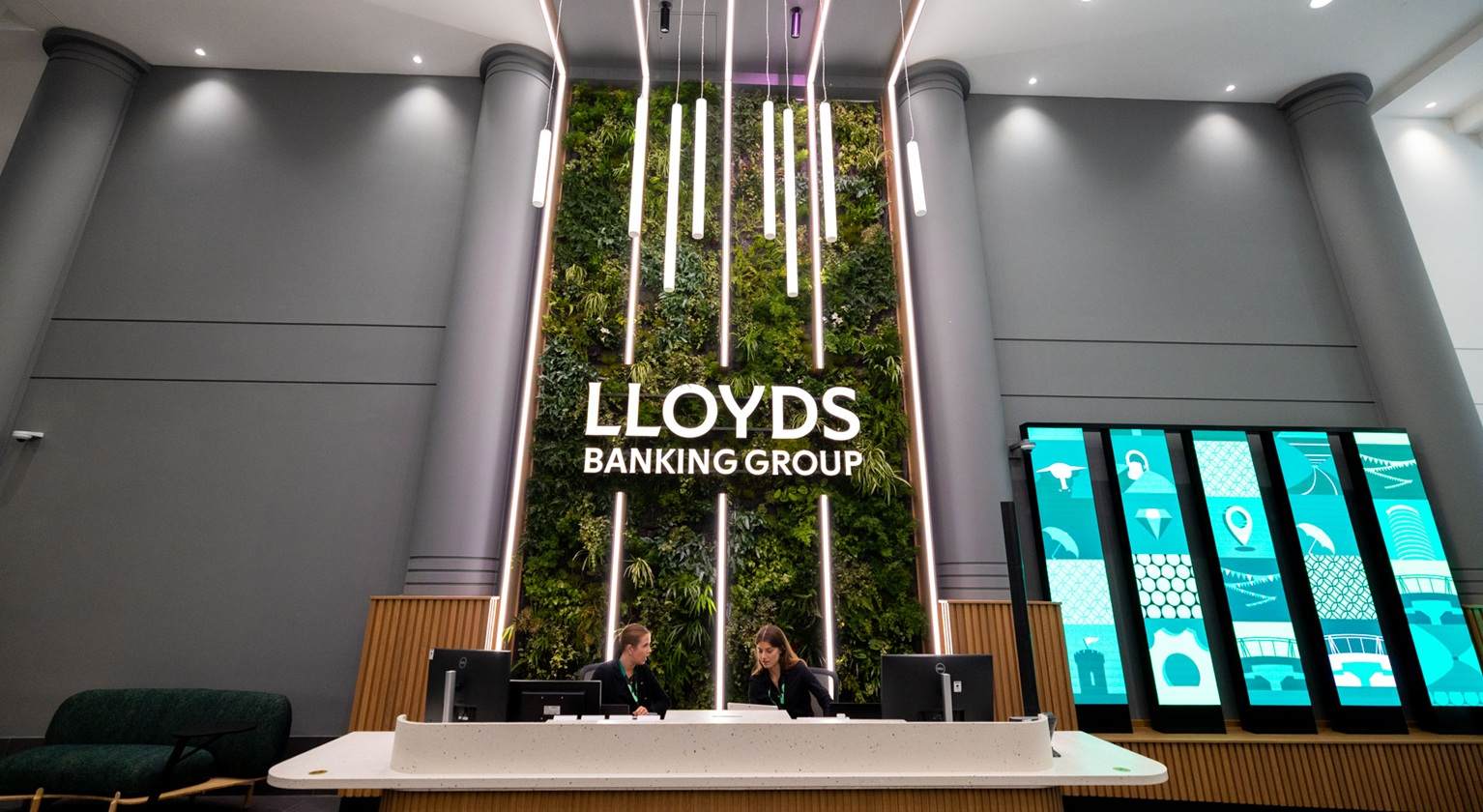While financial losses are often the most obvious result of fraud, cases like these exemplify some of the long-term reputational harm, loss of trust, and emotional distress reported by many victims regardless of monetary loss and provide a clearer understanding of why so many respondents feel like they’ve changed since their experience with fraud.
How can we keep people safe from the emotional harm of fraud?
The findings from our survey suggest significant implications for both crime prevention and victim support. If a large portion of victims do not perceive themselves as having been wronged, it undermines efforts to reduce fraud rates.
For policymakers and law enforcement agencies, these findings highlight the urgent need for a comprehensive approach to addressing societal attitudes toward fraud. Shifting public perceptions of fraud would not only encourage more victims to come forward but also help reduce the shame around fraud that allows it to thrive in both personal and professional spheres.
Public awareness campaigns and educational initiatives aimed at helping individuals recognise fraud and its consequences need to be restructured to combat this complacency, and a broader cultural shift is essential - fraud should be seen not merely as a financial inconvenience but as a serious crime with both emotional and economic ramifications.
What’s more, the survey data indicates that only 20% of victims accessed any form of victim support, and 14% don’t even see themselves as victims of a crime. This, in turn, increases the risk of repeat victimisation.
That’s why banks, including Lloyds Banking Group, invest hundreds of millions into protecting customers from fraud, using the latest technology to help customers avoid falling into these types of situations. It's also essential that banks provide guidance and support to customers too, helping people to recognise that it isn't just money they could lose, it could end up costing them a lot more.
For those who do sadly fall for a scam, it’s also important for the industry to signpost victims to rounded support, not just from the police but also charities who help victims cope with the emotional fallout. We partner with Victim Support, an independent charity dedicated to supporting victims of crime, making a huge difference to their recovery.
If you have been impacted, contact Victim Support for free, confidential support.














